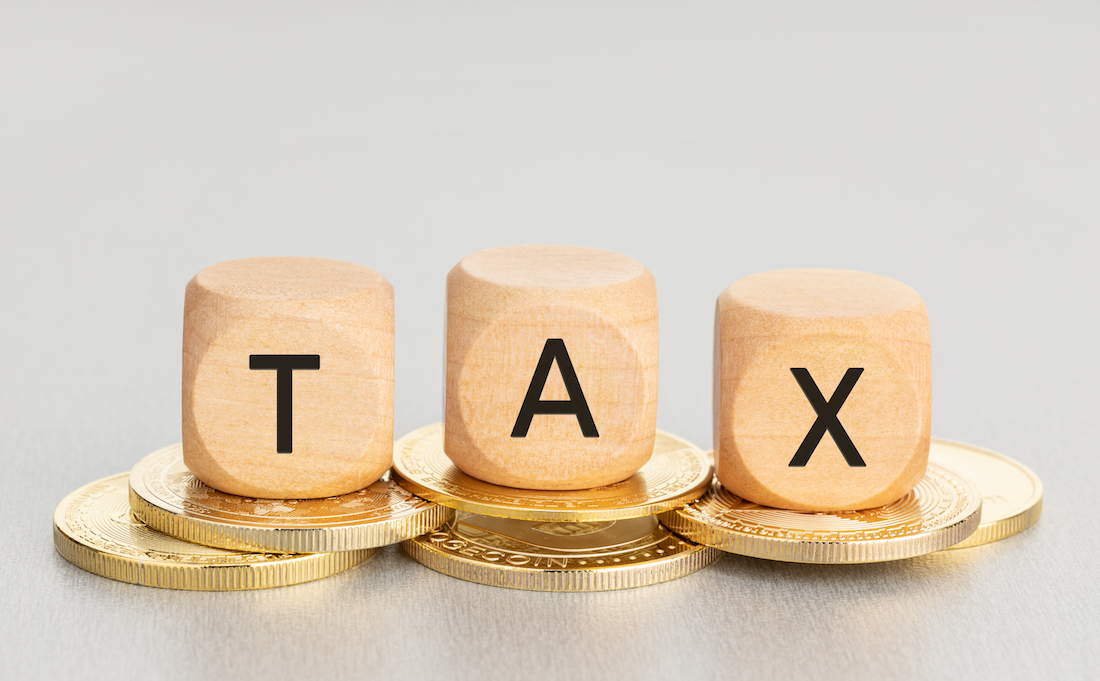Estate Planning When Cryptocurrency Is Involved
The Rising Popularity of Cryptocurrency in Estate Planning
As investors are flocking to cryptocurrencies, particularly millennials, 67% of whom view bitcoins as safe-haven assets, several important estate planning considerations apply to investors holding Cryptocurrencies and Non-Fungible Tokens (NFTS). Perhaps the most critical consideration in cryptocurrency estate planning is making sure that your estates executor knows what assets you own and how they may access them. It is going to be very difficult for your family to access your cryptocurrencies without an estate plan detailing all relevant information and designating how the digital assets should be transferred.

Planning is crucial
You should ensure your will, trust, and durable power of attorney all contain powers over digital assets to be granted to a fiduciary who manages your estate. Your executor or trustee should also be given specific powers to access your digital assets, because, just like your estate planner, they are ethically and fiduciarily bound to keep your information private. Even when identifying these assets, the estate planner and his client should give detailed instructions about how to access a digital wallet (i.e., the private keys) and should think about passing assets down to an heir who has basic knowledge about using and managing cryptocurrency.
Estate Tax with Cryptocurrency In The Will
Estate planning when clients wish to give away cryptocurrency or NFTs, likely need the cryptocurrency assets value to qualify for the estate tax and gift tax purposes. Due to the volatility inherent in many digital assets, as well as limitations on gifts of one lifetime and exemptions from the estate tax, giving to a trust can be risky, and therefore, utmost caution should be exercised in:
1) Choosing whether or not to include a digital asset as part of a gift.
2) Determining what crypto assets might be a suitable selection.
3) Determining when is a suitable time for making a gift.
Due to significant gains experienced over the past several years with many cryptocurrencies, tracking crypto assets is important given the implications for the estate, gift, and income taxes.

Discosure of Crpyto Assets
Cryptocurrencies, a relatively new asset class, should be managed to pass through in an estate plan. The key to passing Bitcoin through your estate plan is making sure that your estate plan provides disclosure of your Bitcoin assets, and provides a safe way for you to pass on the owners private keys to your heirs.
Minnesota Law Articles

Writing a Will for a New Family
The Basics of a Will A estate plans - last will and testament (will) is a legal document by which an individual expresses their desires on how they want their property and assets distributed at the time of their passing. An individual’s will presents the names of...
Jeddeloh Snyder Stommes – Experienced, Compassionate
St Cloud MN Attorneys

Call today for your consultation!
St. Cloud (320) 240-9423
Big Lake (763) 262-2889
Cold Spring (320) 348-2001
